Everyone has a right to education, and there are a number of programmes and supports in place aimed at helping students with disabilities access third level. If you are struggling with your course, go and speak to the support centre. They are there to support all students regardless of whether you have a disability or not.
Engagement with support services
According to the 2019/2020 report published by AHEAD (Association for Higher Education Access and Disability), over the last 11 years there has been a 226% increase in the number of students with disabilities engaging with support services.
Across the 23 higher education institutions involved in this report, there were 15,846 students registered with disability support services for the 2019/2020 academic year.
This represents 6.3% of the student population.
Specific learning difficulties (SLD) is the most common category of disability affecting students in higher education in Ireland.
A SLD is defined by the Individuals with Disabilities Education Act (IDEA) as a disorder in one or more of the basic psychological processes involved in understanding or using language, whether spoken or written, that manifests itself in the inability to listen, think, speak, read, write, spell, or perform mathematical calculations.
Common educational supports
There are a number of educational supports available for students with learning disabilities in higher education. Resources available depend on the needs of an individual student, what disability they have and the supports they qualify for. Not all colleges provide all facilities listed below. However, individual colleges are striving towards the best practices for students with disabilities. Students must, however, check with the disability/access officer and/or the examinations office in their college to see what facilities and supports are provided.
Supports
Priority registration.Reader service.Use of audio-tape to record lectures and tutorials.Assistive technology.Alternative format textbooks.Copies of lecturers’ notes and/or overheads. Notetaker.Time extension on assignments. Study skills and learning support.Extra time to complete each examination paper.Invigilator/readerUse of a computer and assistive technology in exams.Spelling and grammar allowance. Dyslexia Association
of Ireland
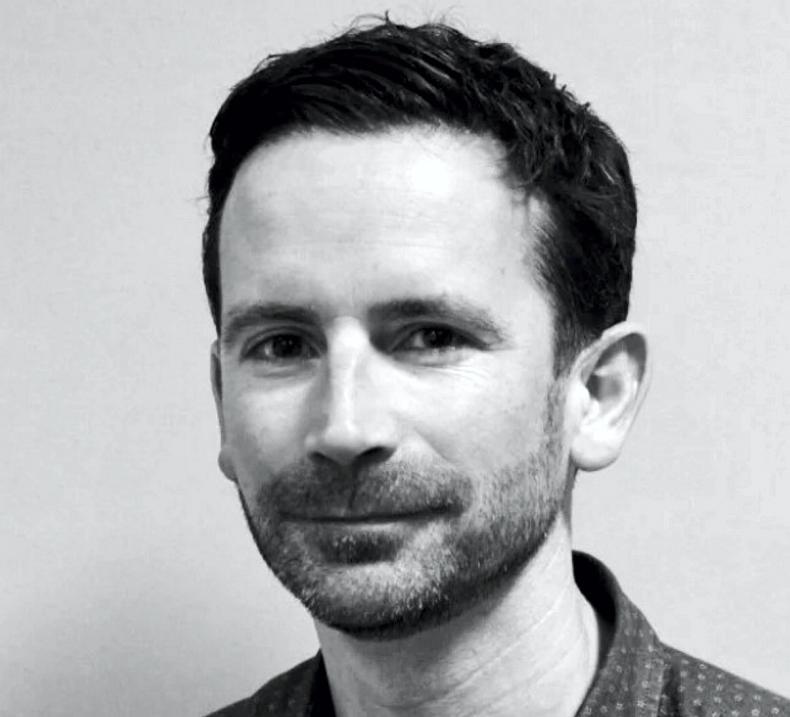
Donald Ewing, Head of Education, Training and Policy, Dyslexia Association of Ireland.
Head of education, training and policy at the Dyslexia Association of Ireland Donald Ewing outlines the challenges associated with dyslexia.
“People with dyslexia have huge strengths, talents and abilities. The sky is the limit and there are no barriers, but problems sometimes are created where difficulties in reading and writing cause issues in exam and employment situations. One in 10 people have dyslexia and yet we still don’t talk about it as openly and honestly as other things. There is still a big stigma surrounding this topic, probably due to a knowledge gap. Our mission is to get the truth out there and avoid any misunderstandings. The things that go against us are we don’t train teachers properly about dyslexia. This results in students not getting diagnosed early or not being told why they are getting help in school.
“Exams are very neurotypical, they’re not flexible enough to reflect the different ways of learning that a bunch of young people have. The key issue is how do we make sure early diagnoses are picked up. There are huge social and economic barriers as getting an assessment is very expensive. We need to make sure family income is not a predictor of educational outcomes. We need to make sure everyone has a positive experience [in education].”
Lucy Reid

Lucy Reid.
Now working as a sales and marketing manager at Clarke Farm & Coffee Estate in Uganda, Lucy is a former UCD Food and Agribusiness student. She outlines her personal experience having dyslexia.
“In college, I really started enjoying academics. Dyslexia can affect people in so many different ways, numbers and words can jump off the page.
“I found the maths learning support very helpful in getting through maths and biostatistics modules which I need now more than ever. Having access to the lecture slides and recordings really helped as it took me longer to process information.
“In secondary school I didn’t take advantage of the supports available, and this caused me a huge amount of anxiety and low self-esteem. When I got to university, I said to myself I am never going through that again. I availed of any support I could from the support centre. I got extra time with assignments and exams as I struggled to articulate my thoughts on paper.
“All the support at college helped me to realise my full potential. Now when I get hired, I present the support I need to HR who are very accommodating, helping me purchase the resources I need, allowing me to work to my full potential in a career capacity.
“I would advise students not to be afraid to ask for help or look for support. Everyone learns and demonstrates their knowledge differently.”
founder of
Blossom4Life
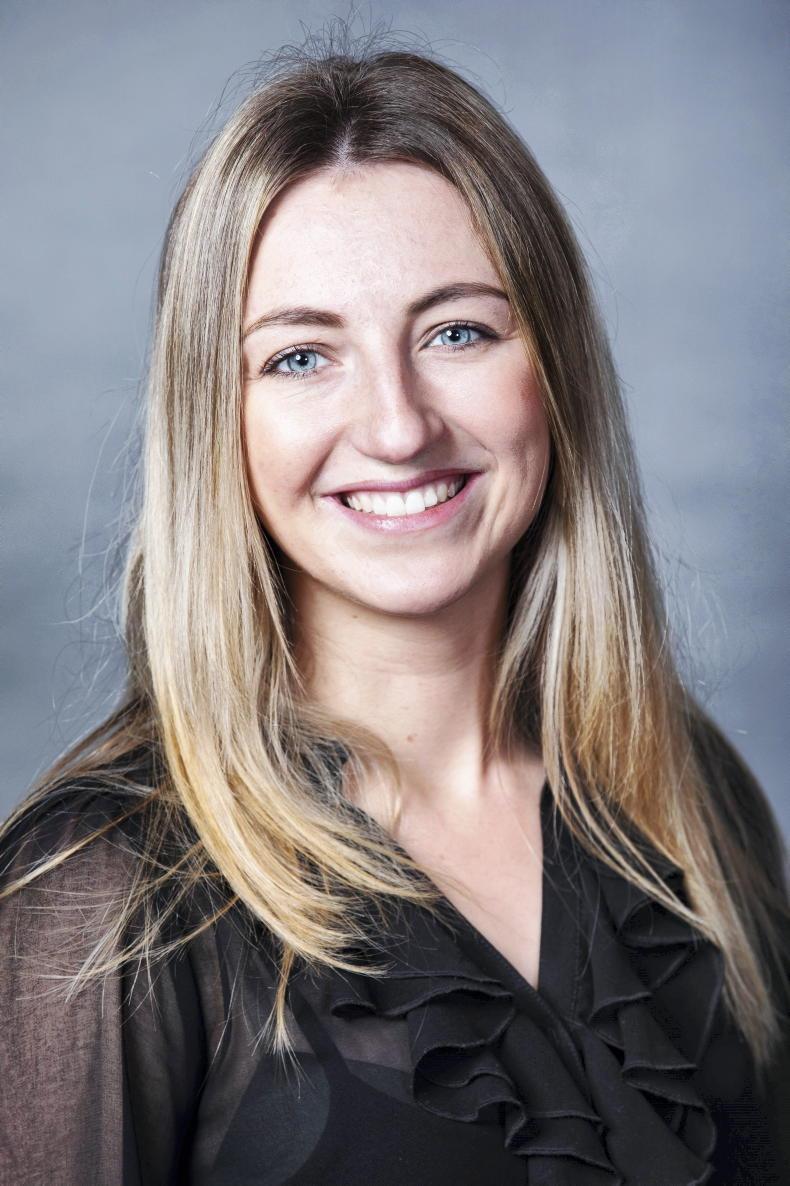
Una Buckley founder of Blossom4Life.
Una Buckley provides tuition for students with dyslexia. Having dyslexia herself, Una has used her own personal experience to help people.
“I founded Blossom4Life to help other people with dyslexia embrace difference and accomplish their ambitions: to have courage, to be fearless and to illuminate their path. I too have been navigating my life through the lens of a dyslexic. The ongoing day-to-day support [in college] from my experience was very limited, I still had to go into lectures taking notes, trying to understand the information. In my opinion, it is too late to offer people support on the day that they do a test, we need to start at a base level back on day one.”
It’s so important to work with students who have specific learning needs on an individual basis for support, says Una. “What works for one student is totally opposite for another. See where your end goal is, and try to work towards that [goal] while maintaining as much balance and wellness as possible.”
Read more
Apprenticeships: a practical career pathway
The roadmap to college
Everyone has a right to education, and there are a number of programmes and supports in place aimed at helping students with disabilities access third level. If you are struggling with your course, go and speak to the support centre. They are there to support all students regardless of whether you have a disability or not.
Engagement with support services
According to the 2019/2020 report published by AHEAD (Association for Higher Education Access and Disability), over the last 11 years there has been a 226% increase in the number of students with disabilities engaging with support services.
Across the 23 higher education institutions involved in this report, there were 15,846 students registered with disability support services for the 2019/2020 academic year.
This represents 6.3% of the student population.
Specific learning difficulties (SLD) is the most common category of disability affecting students in higher education in Ireland.
A SLD is defined by the Individuals with Disabilities Education Act (IDEA) as a disorder in one or more of the basic psychological processes involved in understanding or using language, whether spoken or written, that manifests itself in the inability to listen, think, speak, read, write, spell, or perform mathematical calculations.
Common educational supports
There are a number of educational supports available for students with learning disabilities in higher education. Resources available depend on the needs of an individual student, what disability they have and the supports they qualify for. Not all colleges provide all facilities listed below. However, individual colleges are striving towards the best practices for students with disabilities. Students must, however, check with the disability/access officer and/or the examinations office in their college to see what facilities and supports are provided.
Supports
Priority registration.Reader service.Use of audio-tape to record lectures and tutorials.Assistive technology.Alternative format textbooks.Copies of lecturers’ notes and/or overheads. Notetaker.Time extension on assignments. Study skills and learning support.Extra time to complete each examination paper.Invigilator/readerUse of a computer and assistive technology in exams.Spelling and grammar allowance. Dyslexia Association
of Ireland

Donald Ewing, Head of Education, Training and Policy, Dyslexia Association of Ireland.
Head of education, training and policy at the Dyslexia Association of Ireland Donald Ewing outlines the challenges associated with dyslexia.
“People with dyslexia have huge strengths, talents and abilities. The sky is the limit and there are no barriers, but problems sometimes are created where difficulties in reading and writing cause issues in exam and employment situations. One in 10 people have dyslexia and yet we still don’t talk about it as openly and honestly as other things. There is still a big stigma surrounding this topic, probably due to a knowledge gap. Our mission is to get the truth out there and avoid any misunderstandings. The things that go against us are we don’t train teachers properly about dyslexia. This results in students not getting diagnosed early or not being told why they are getting help in school.
“Exams are very neurotypical, they’re not flexible enough to reflect the different ways of learning that a bunch of young people have. The key issue is how do we make sure early diagnoses are picked up. There are huge social and economic barriers as getting an assessment is very expensive. We need to make sure family income is not a predictor of educational outcomes. We need to make sure everyone has a positive experience [in education].”
Lucy Reid

Lucy Reid.
Now working as a sales and marketing manager at Clarke Farm & Coffee Estate in Uganda, Lucy is a former UCD Food and Agribusiness student. She outlines her personal experience having dyslexia.
“In college, I really started enjoying academics. Dyslexia can affect people in so many different ways, numbers and words can jump off the page.
“I found the maths learning support very helpful in getting through maths and biostatistics modules which I need now more than ever. Having access to the lecture slides and recordings really helped as it took me longer to process information.
“In secondary school I didn’t take advantage of the supports available, and this caused me a huge amount of anxiety and low self-esteem. When I got to university, I said to myself I am never going through that again. I availed of any support I could from the support centre. I got extra time with assignments and exams as I struggled to articulate my thoughts on paper.
“All the support at college helped me to realise my full potential. Now when I get hired, I present the support I need to HR who are very accommodating, helping me purchase the resources I need, allowing me to work to my full potential in a career capacity.
“I would advise students not to be afraid to ask for help or look for support. Everyone learns and demonstrates their knowledge differently.”
founder of
Blossom4Life

Una Buckley founder of Blossom4Life.
Una Buckley provides tuition for students with dyslexia. Having dyslexia herself, Una has used her own personal experience to help people.
“I founded Blossom4Life to help other people with dyslexia embrace difference and accomplish their ambitions: to have courage, to be fearless and to illuminate their path. I too have been navigating my life through the lens of a dyslexic. The ongoing day-to-day support [in college] from my experience was very limited, I still had to go into lectures taking notes, trying to understand the information. In my opinion, it is too late to offer people support on the day that they do a test, we need to start at a base level back on day one.”
It’s so important to work with students who have specific learning needs on an individual basis for support, says Una. “What works for one student is totally opposite for another. See where your end goal is, and try to work towards that [goal] while maintaining as much balance and wellness as possible.”
Read more
Apprenticeships: a practical career pathway
The roadmap to college







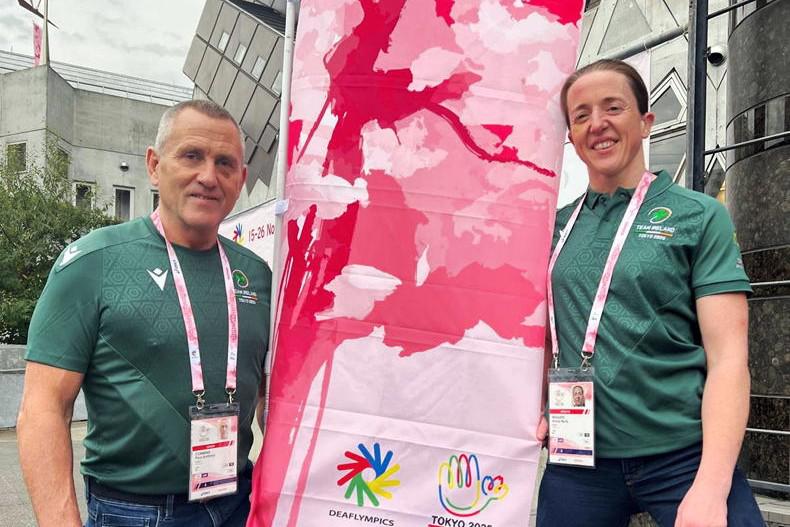
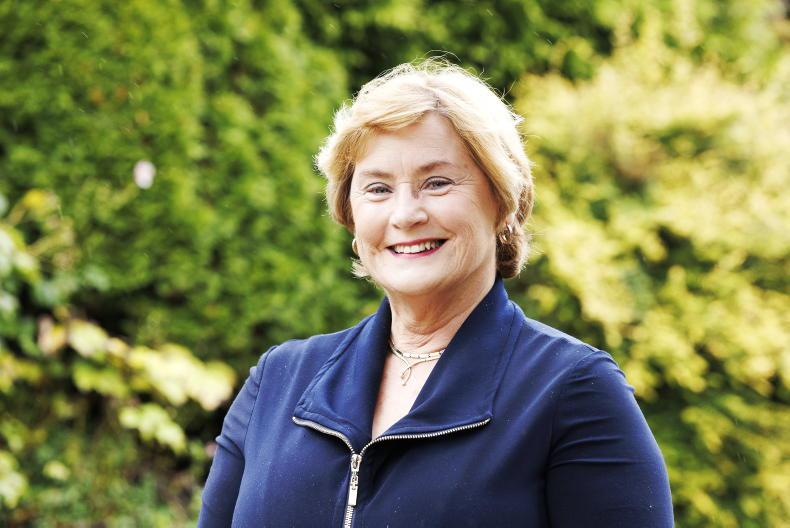
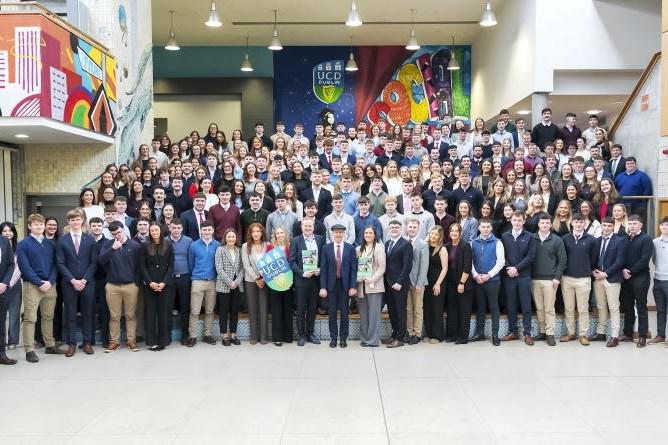
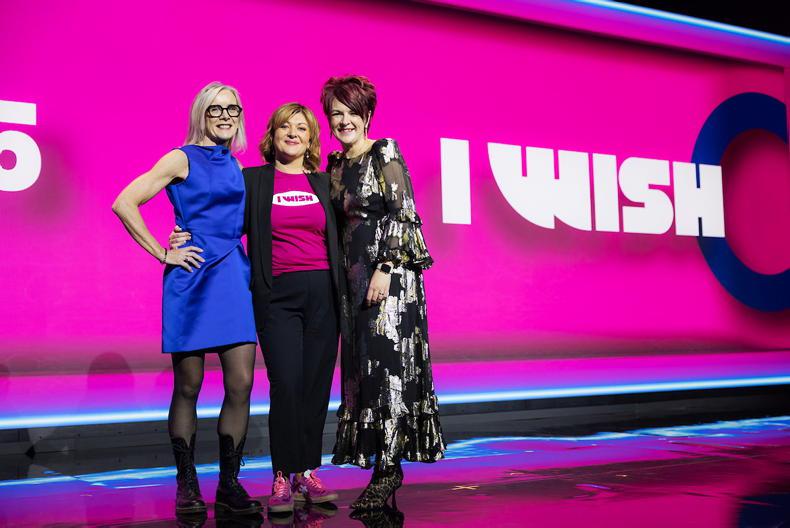
SHARING OPTIONS